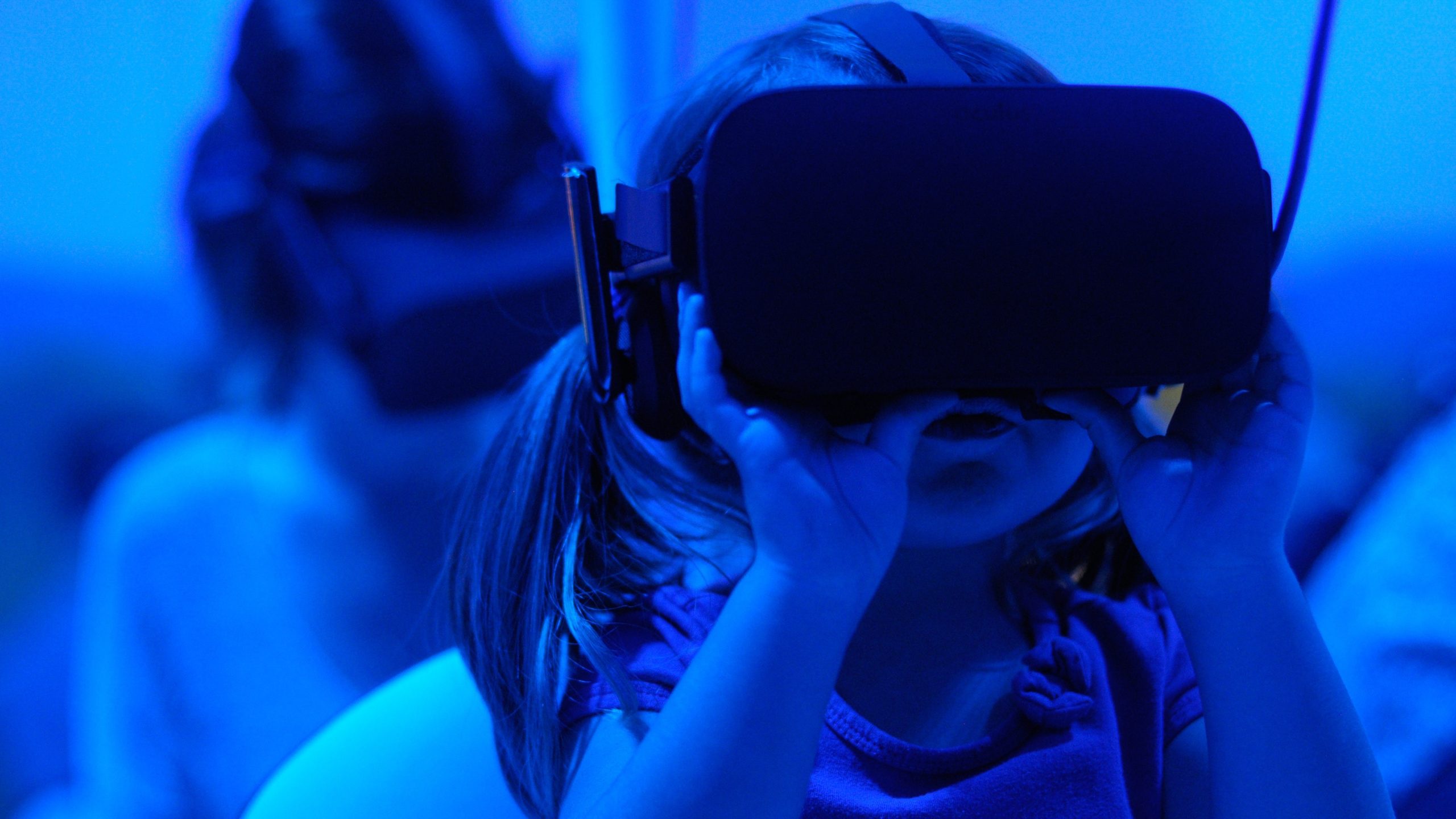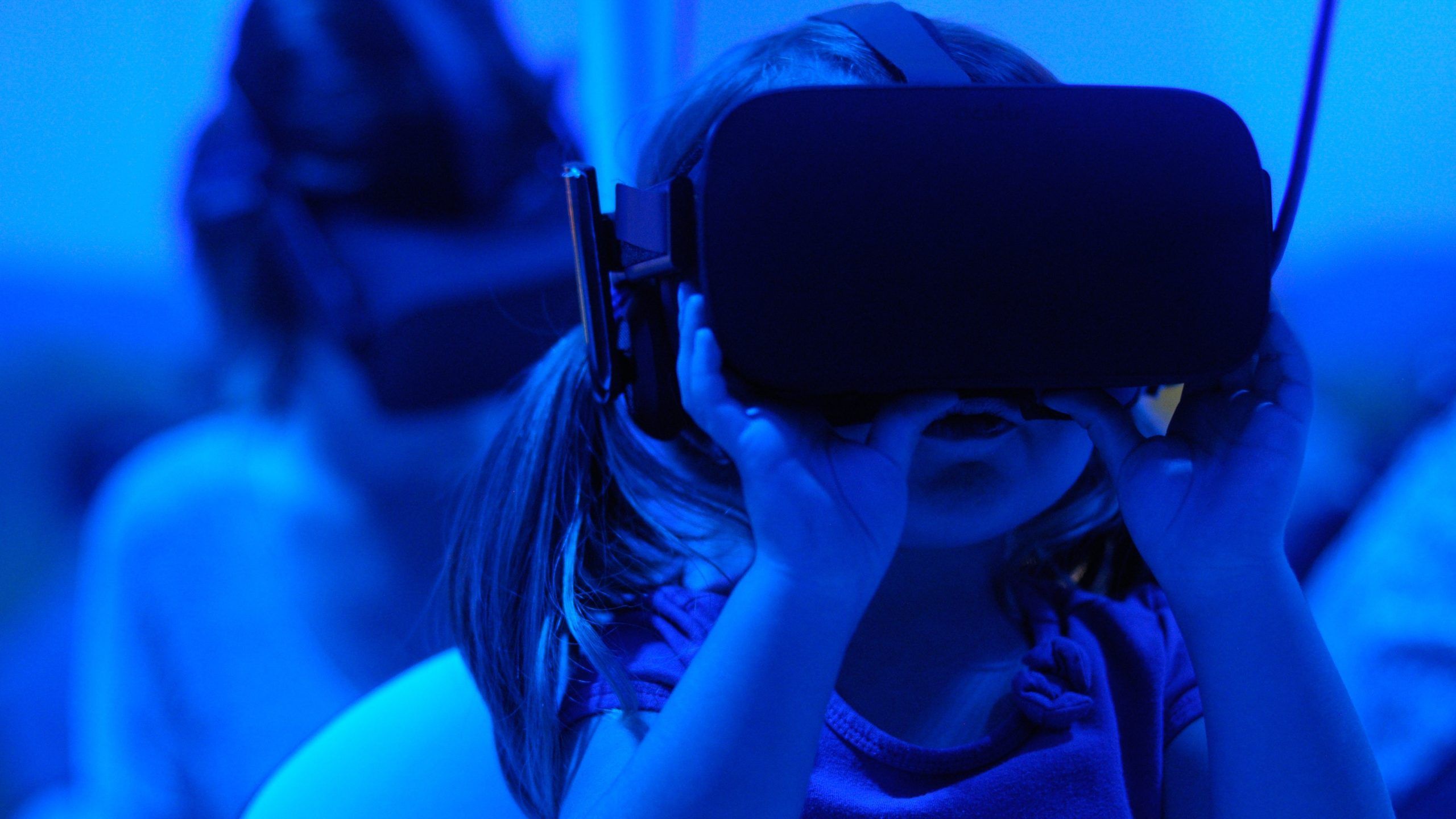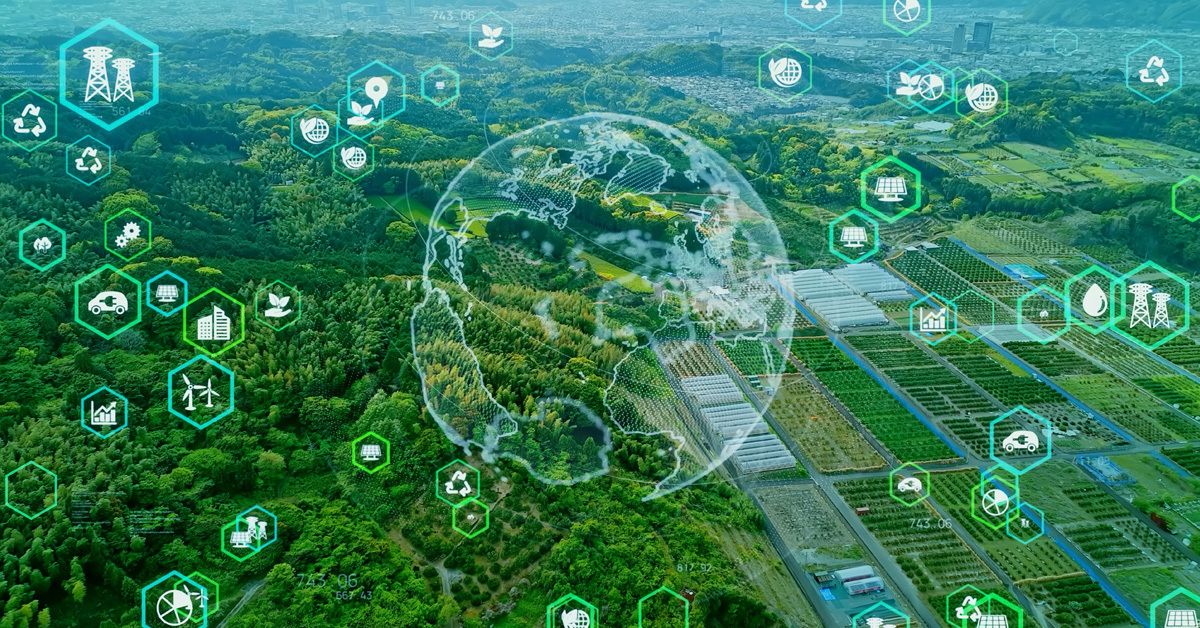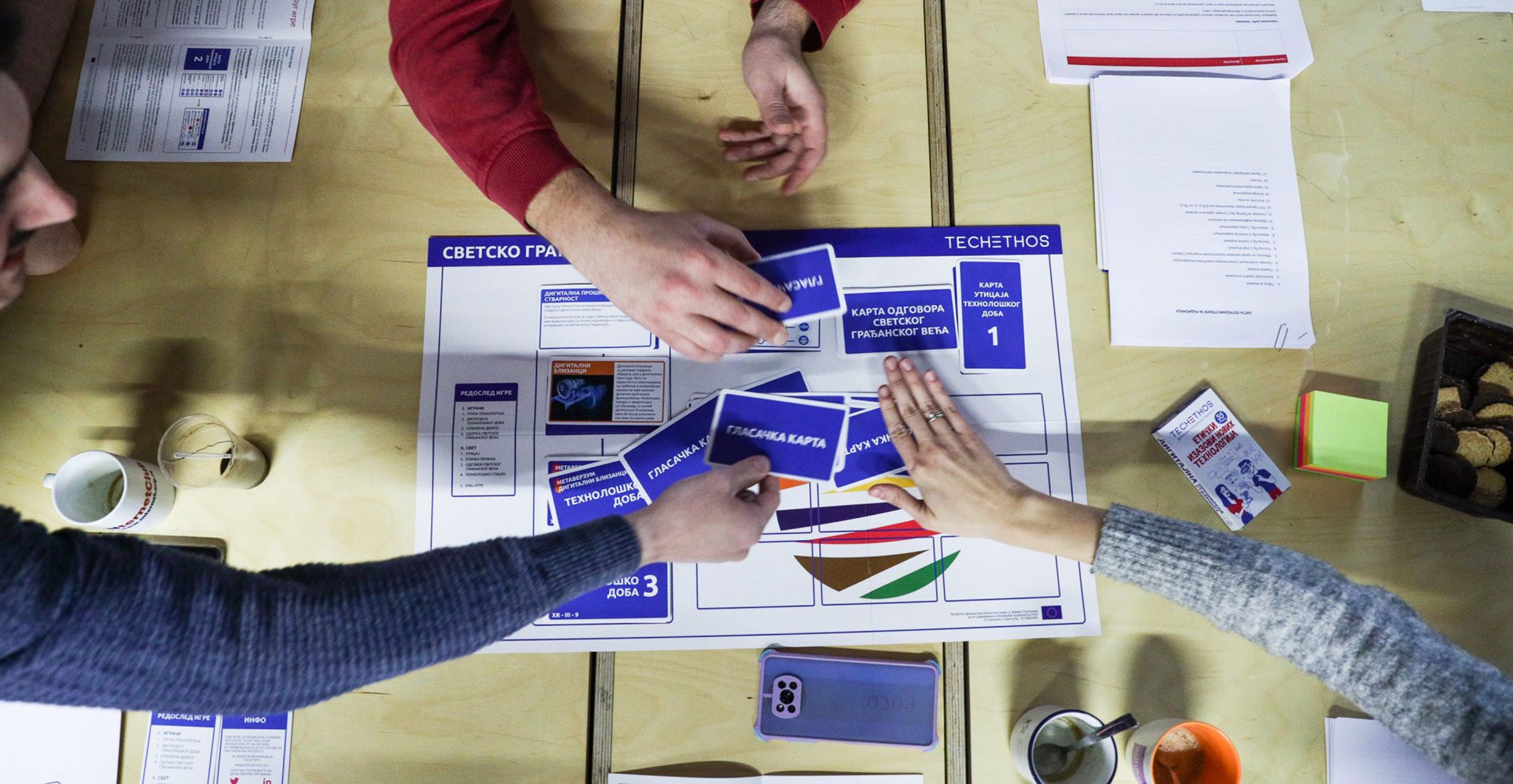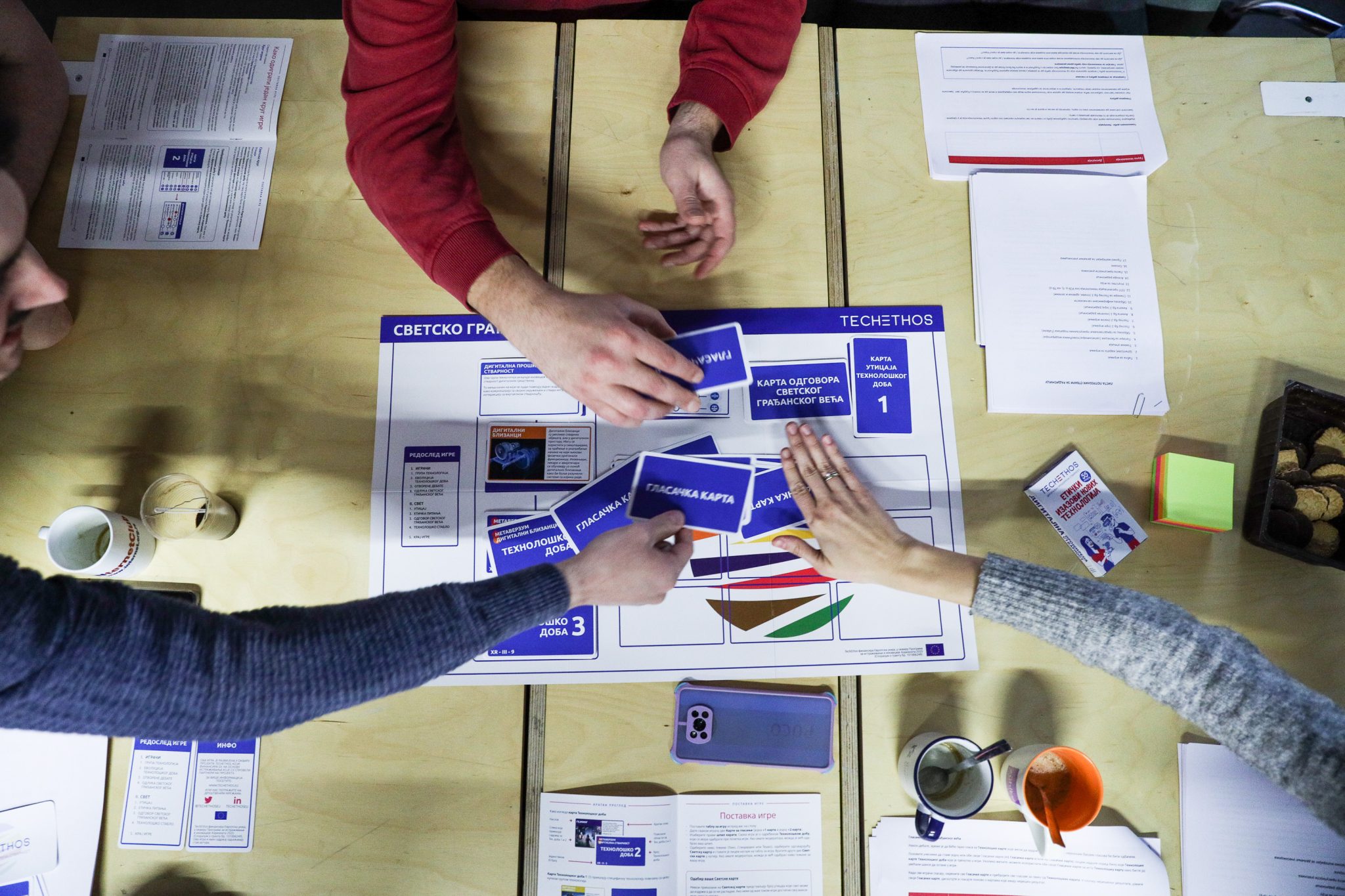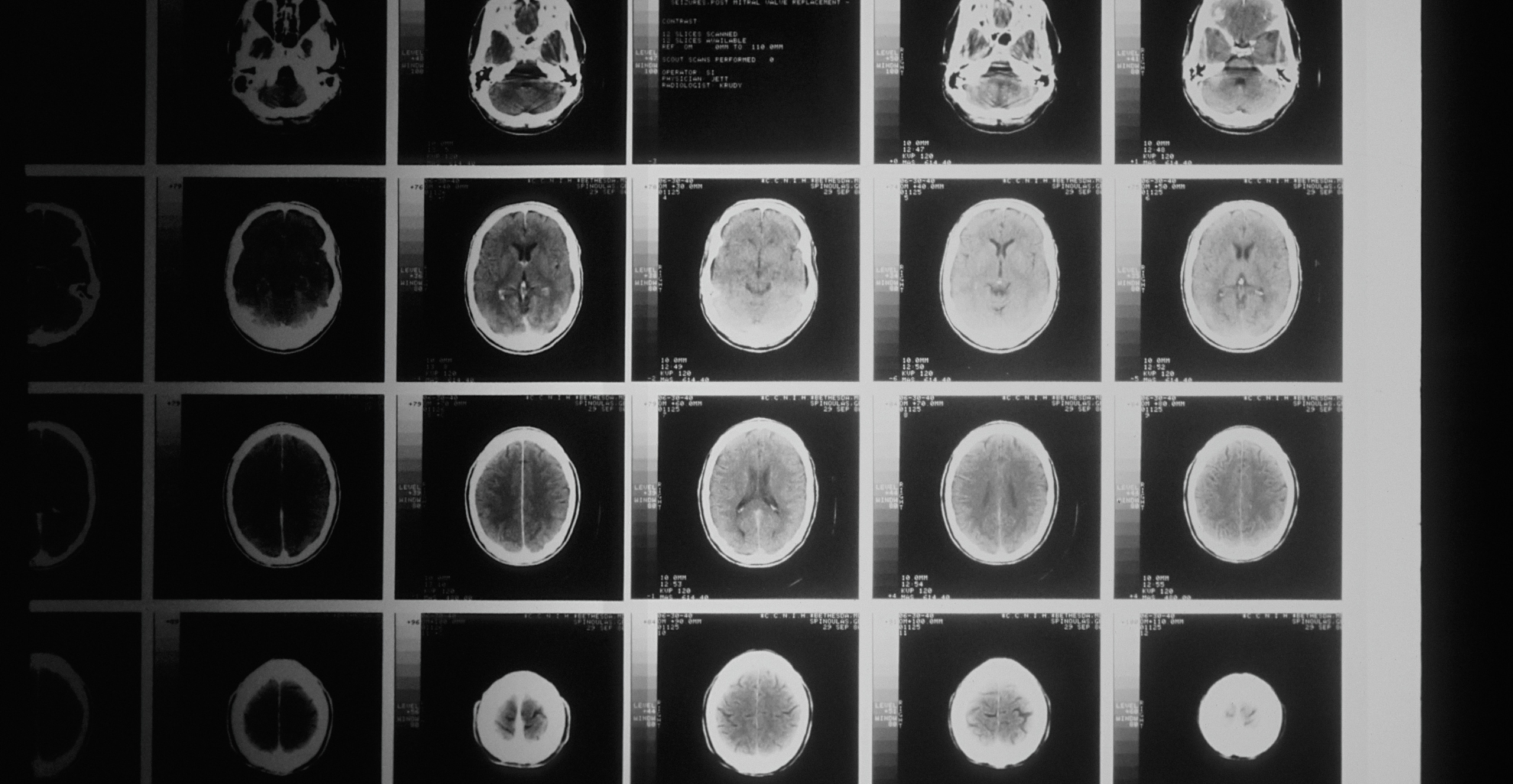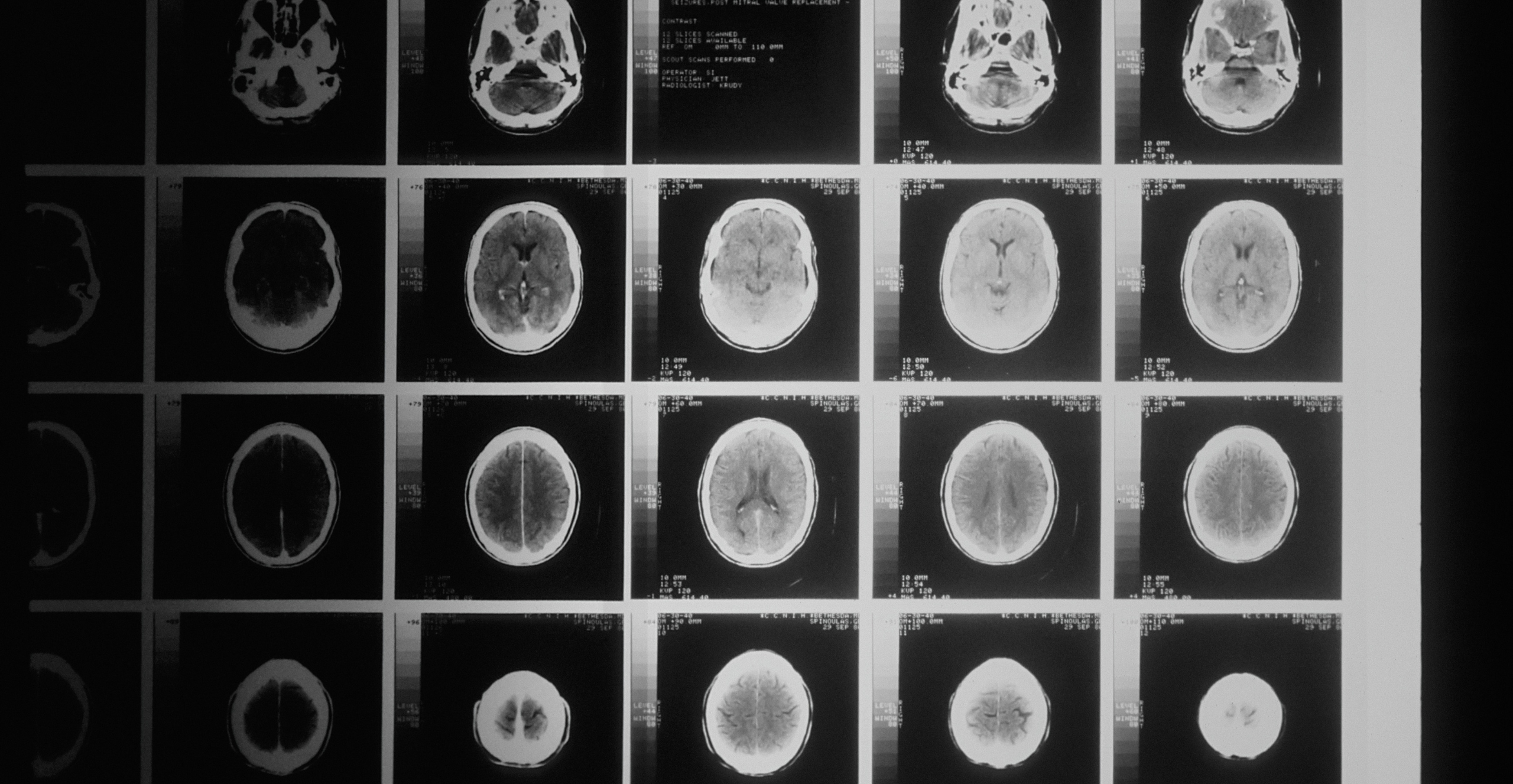Technological innovation can both enhance and disrupt society in various ways. It often raises complex legal questions regarding the suitability of existing laws to maximise the benefits to society, whilst also mitigating potentially harmful consequences. Some emerging technologies even challenge us to rethink the ways in which our fundamental rights as human beings are protected by the law. For instance, how might digital extended reality (XR) affect online safety and the emerging rights to be online and to disconnect?
XR technologies have an assortment of uses and applications, from gaming and filmmaking to healthcare and education. Each use case of XR creates the potential for enhancements to and interferences with various human rights, including new and emerging rights, such as the right to a healthy environment, a right to disconnect and a right to be online.
The use of XR gaming applications, for instance, is consistent with the right to benefit from scientific progress and may enhance the right to rest and leisure of all users. It may benefit persons with disabilities in particular, whose right to autonomy, for instance, may be enhanced by being able to access leisure experiences perhaps otherwise unattainable in the physical world. However, the use of XR gaming applications may also lead to increased incidences of cyberbullying, harassment, and virtual sexual assault, the experiencing of which may interfere with the realisation of the rights of women and children, in particular.
XR and possible use cases
In addition to particular use cases, there are also a variety of contexts in which the use of XR technologies may lead to both positive and negative impacts on the realisation of fundamental rights. In the clinical context, for instance, XR may enhance the right of healthcare professionals to just and favourable conditions of work when used to provide low-risk, hyper-realistic training experiences designed to improve overall healthcare provision. For patients, meanwhile, the clinical use of XR may lead to benefits linked to the right to health. Such applications may also enhance other protected rights, with the use of XR technologies to treat psychological trauma, for instance, potentially enhancing the right to dignity of victims of criminal offences. There is a risk, however, that the use of XR in a clinical setting could interfere with these protected rights, for instance if patients experience short or long-term health-related harms through the use of XR, such as motion sickness and depersonalisation / derealisation disorder.
Developing XR in accordance with human rights
In an educational context, the use of XR technologies may lead to improved learning outcomes linked to the right to education, including by accommodating specific educational needs, the benefits of which relate to the enjoyment of the rights of persons with disabilities on the basis of non-discrimination. Similarly, the incorporation of XR into the judicial system may enhance an individual’s right to a fair trial by improving the accessibility of legal proceedings, enabling evidential recreation of events, and helping to provide legal professionals with anti-bias training in order to maintain fairness. In both contexts, however, there is also a risk that the use of XR may lead to interferences with these rights, particularly if adopted without consideration of the potential drawbacks.
As such, the use of XR as an educational tool, for instance, should be informed by research on information overload and the possible effects on brain and neurological development in children, without which potentially safer and more effective teaching measures may be deprioritised or underfunded. Likewise, the use of XR in legal proceedings should be guided by factors including the suitability of virtual participation and the accessibility of XR technology. The right of access to justice may otherwise be undermined, for instance by serving to promote a form of participation of inferior type or quality in comparison to in-person participation, or by exacerbating existing accessibility issues faced by disadvantaged parties.
XR and future human rights challenges
There are certain human rights considered in this study for which XR technologies may enhance enjoyment while also raising challenging issues which fall short of constituting interferences. In relation to the right to freedom of expression, for instance, XR applications may facilitate new forms of creative expression in a variety of mediums, including music, narrative storytelling, and art. Yet there are also concerns related to the appropriate treatment of content in XR depicting violence, pornography, hate speech and mis/disinformation. This creates a tension between the right of everyone to freedom of expression and the obligation on States to protect users of XR from potentially harmful content and interferences with other fundamental rights. In seeking to resolve this conflict, States are required to strike a balance between unrestricted freedom and legitimate limitations.
Next in TechEthos – is there a need to expand human rights law?
The study highlights the importance of bringing a human rights law perspective into the development of new and emerging technologies, including XR. The human rights impact assessment is a mechanism designed to help ensure that such technologies develop in a manner that respects human rights, while also enabling the identification of potential gaps and legal uncertainties early on in the development stage. The analysis also raises the question as to whether further legislation may be required to address these gaps. Crucial to this question is the need to strike a balance between ensuring technological development does not interfere with fundamental human rights protections and avoiding overregulating emerging technologies at an early stage and thereby stifling further development.
Read more about the human rights law implications of climate engineering and neurotechnologies.
Read the report
